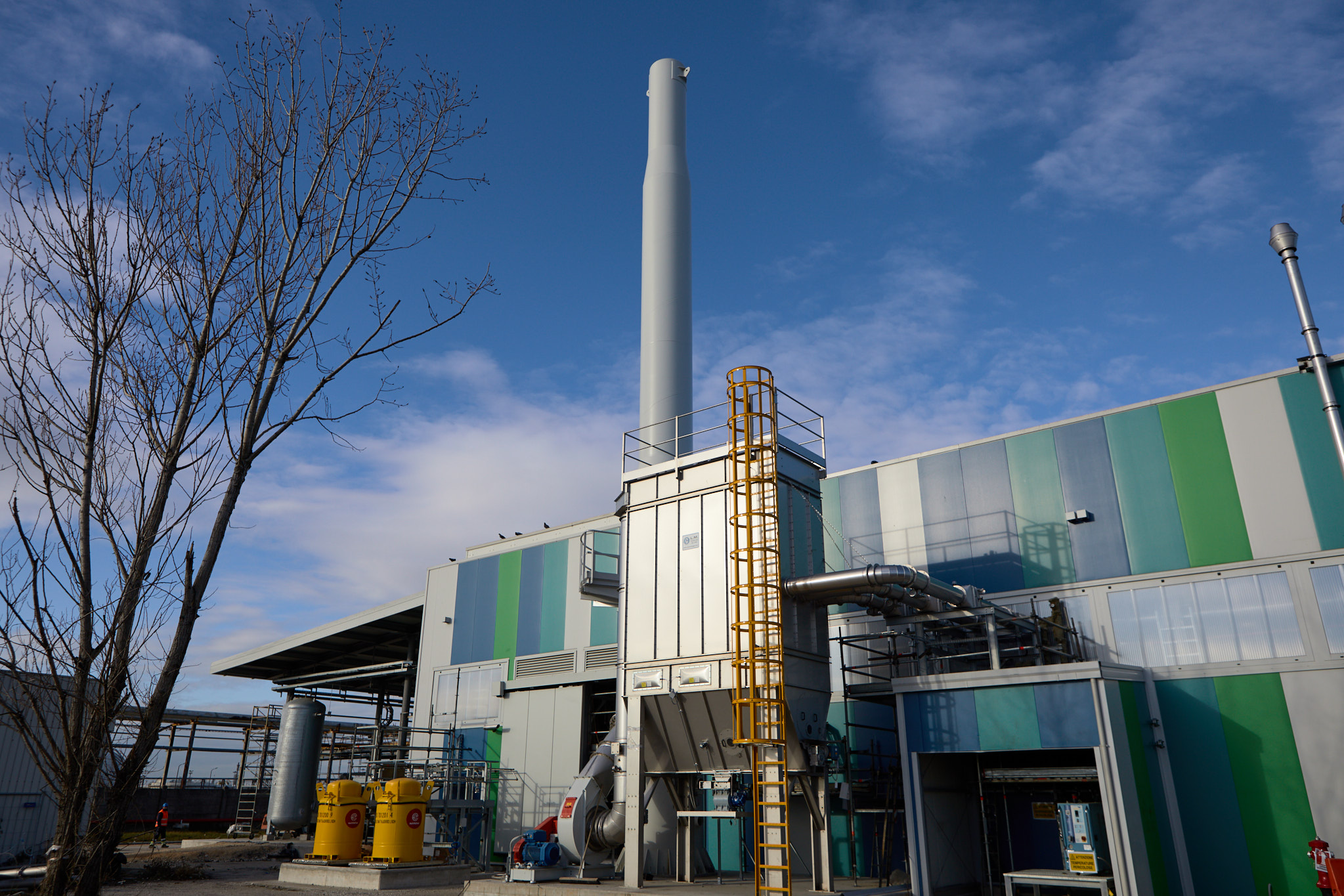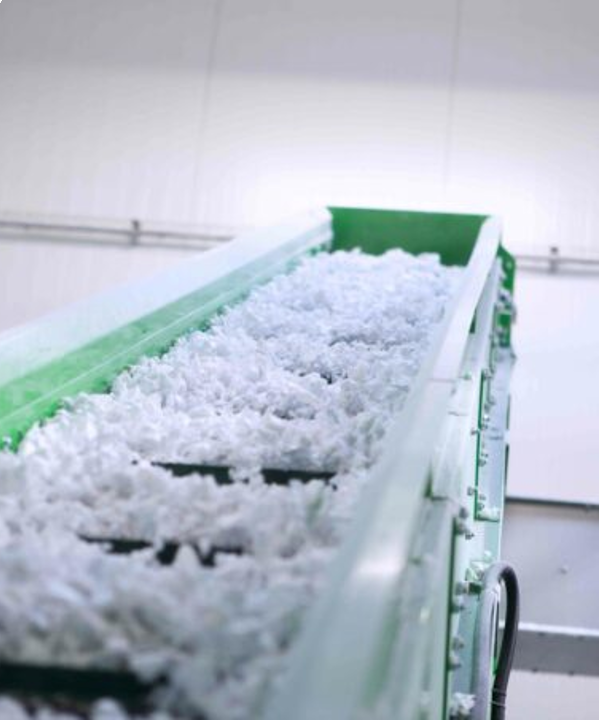Leading the Change in Sustainability: The Remarkable Impact of EPS
In a world that is increasingly conscious of environmental sustainability, Expanded Polystyrene (EPS) emerges as an unavoidable solution for promoting resource efficiency and reducing carbon footprint. This versatile material expands our options in our collective efforts toward a greener future through innovative engineering and sustainable properties. Find below how EPS benefits the environment and our lives.
Innovative Reduction of EPS Production Impact
 One of EUMEPS's core initiatives focuses on minimising the energy consumption and resources required in the production and recycling of EPS. An example of such an initiative is the PSloop plant, where EPS containing HBCD is recycled by reverting used EPS into new raw material, thereby reducing the need for virgin resources.
One of EUMEPS's core initiatives focuses on minimising the energy consumption and resources required in the production and recycling of EPS. An example of such an initiative is the PSloop plant, where EPS containing HBCD is recycled by reverting used EPS into new raw material, thereby reducing the need for virgin resources.
This commitment is further exemplified by the recent inauguration of the Versalis recycling plant in Porto Marghera, Italy. The site transforms post-consumer EPS waste into high-quality raw materials suitable for new construction and packaging products, demonstrating that recycled content and high performance can go hand in hand.
EUMEPS members are also at the forefront of circular innovation. To name only a few initiatives:
-
Knauf, through its Knauf Circular programme in France, has developed a large-scale system for collecting, sorting, and recycling used EPS directly from construction sites. This initiative supports the creation of a local, circular value chain, enabling EPS waste to be reprocessed into new, high-performance materials.
-
HIRSCH anchors its sustainability strategy on three pillars: REspect, REduce, and REcycle. The company focuses on reducing fossil fuel consumption, promoting resource efficiency, and increasing the share of recycled content in both construction and packaging applications — demonstrating that climate-conscious manufacturing can go hand in hand with industrial performance.
- EPSolutely, a nationwide research programme launched in Austria, also contributes to the circular transformation of the sector. It brings together key industry stakeholders to collect, recycle, and reintegrate EPS waste into new products, while raising awareness among end-users and local authorities. The initiative has become a model of cross-sector collaboration, combining operational efficiency with public engagement.
Collectively, these initiatives help reduce the carbon footprint of EPS, foster a functional recycling market, and position EPS as a sustainable solution for the built environment — fully aligned with the EU Green Deal and Circular Economy Action Plan.
Embracing Circularity: Our Contribution to a Sustainable Economy We recognise the need to redefine Europe’s approach to the use of materials and resources, a vision that aligns with the tenets of the Green Deal. By embodying the three R’s of reuse, recycling and recovering, EPS stands as an example in circular practices. We thus aim to build on these principles to facilitate a closed-loop system that will serve to reduce environmental impact and promote a more sustainable model of production and consumption.
We recognise the need to redefine Europe’s approach to the use of materials and resources, a vision that aligns with the tenets of the Green Deal. By embodying the three R’s of reuse, recycling and recovering, EPS stands as an example in circular practices. We thus aim to build on these principles to facilitate a closed-loop system that will serve to reduce environmental impact and promote a more sustainable model of production and consumption.
Additionally, the EPS industry is actively engaged in certification schemes to reduce environmental impact. Among them, Operation Clean Sweep® (OCS®) stands out as a voluntary European certification programme launched in 2023 by Plastics Europe and European Plastics Converters (EuPC), with third-party verification of compliance. Its goal is to prevent the loss of plastic pellets, flakes, and powders throughout the plastics value chain. Companies like BASF, a long-standing member of EUMEPS, are already certified under the scheme. OCS® certification requires companies to identify and mitigate pellet loss sources, implement technical containment solutions, train staff on environmental and safety risks, and collaborate with supply chain partners to ensure joint responsibility and continuous improvement.
The journey towards circularity involves a continued effort to build innovation and relies on a concerted collaboration with partners across the entire value chain, from raw material suppliers to recyclers. Through the promotion of advanced recycling technologies, guidelines for recyclable product design and our involvement in ambitious recycling data-collection projects, EUMEPS places EPS as a key player in the sustainable materials landscape.
Leading the Way in EPS Sustainability
By embracing the 100% recyclability of EPS and advocating for responsible practices, we are not only addressing the environmental challenges of today but also paving the way for a more sustainable tomorrow. As we continue to advance our sustainability agenda, we remain focused on delivering solutions that benefit not only our industry but also the wider community and the planet.
